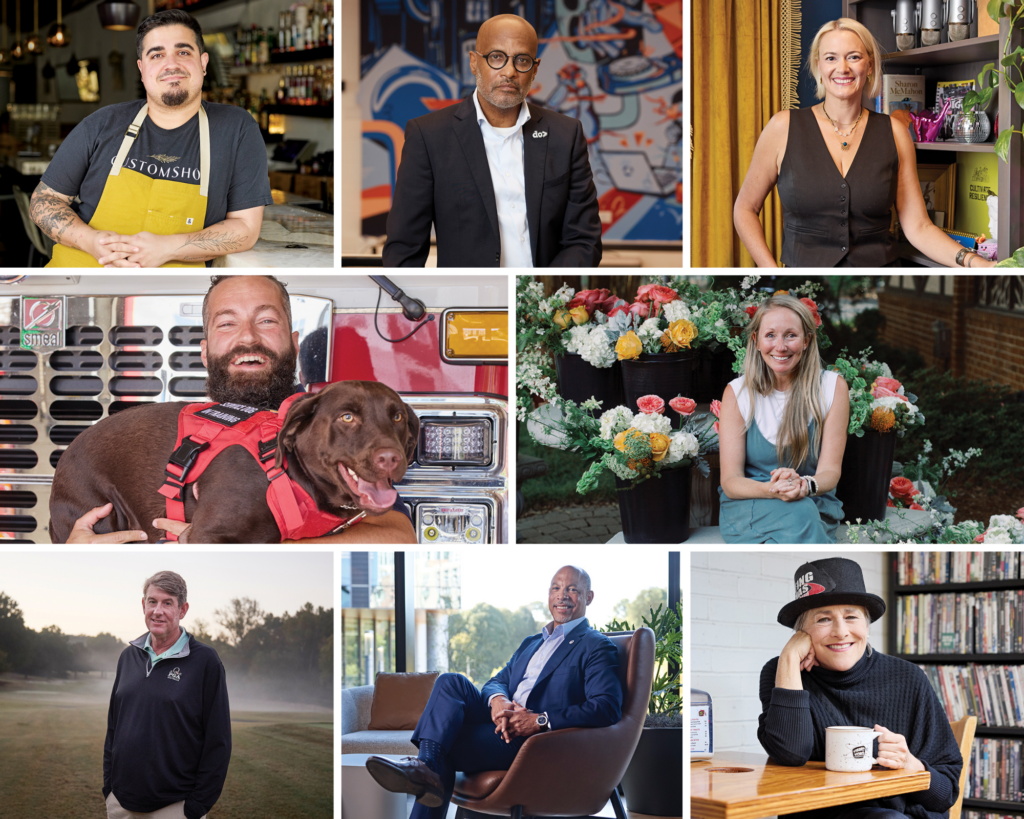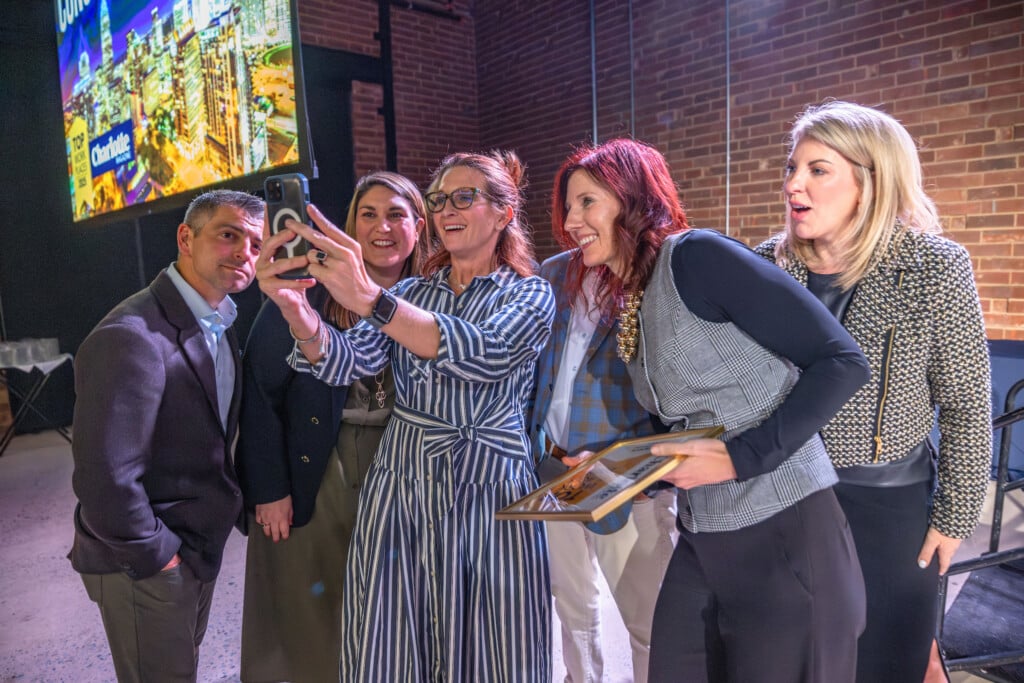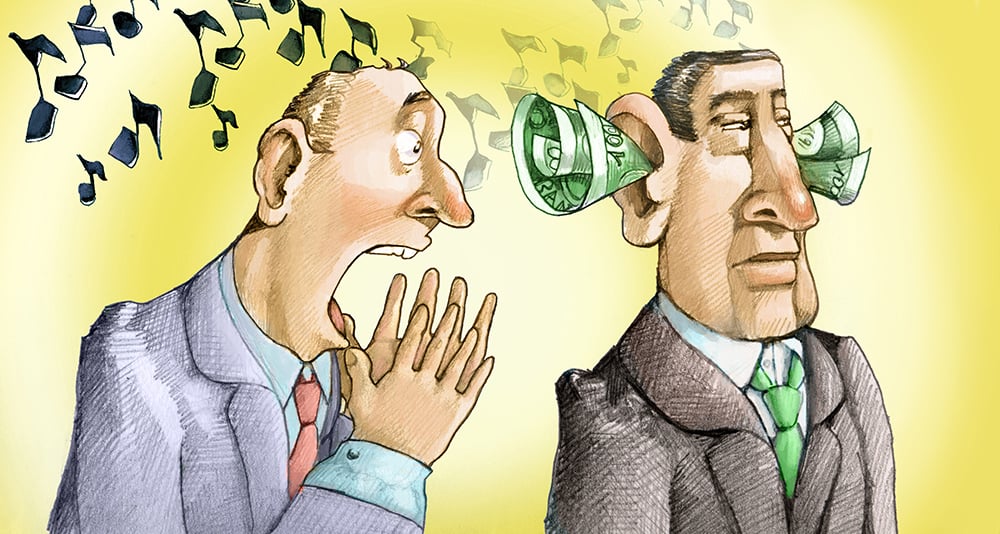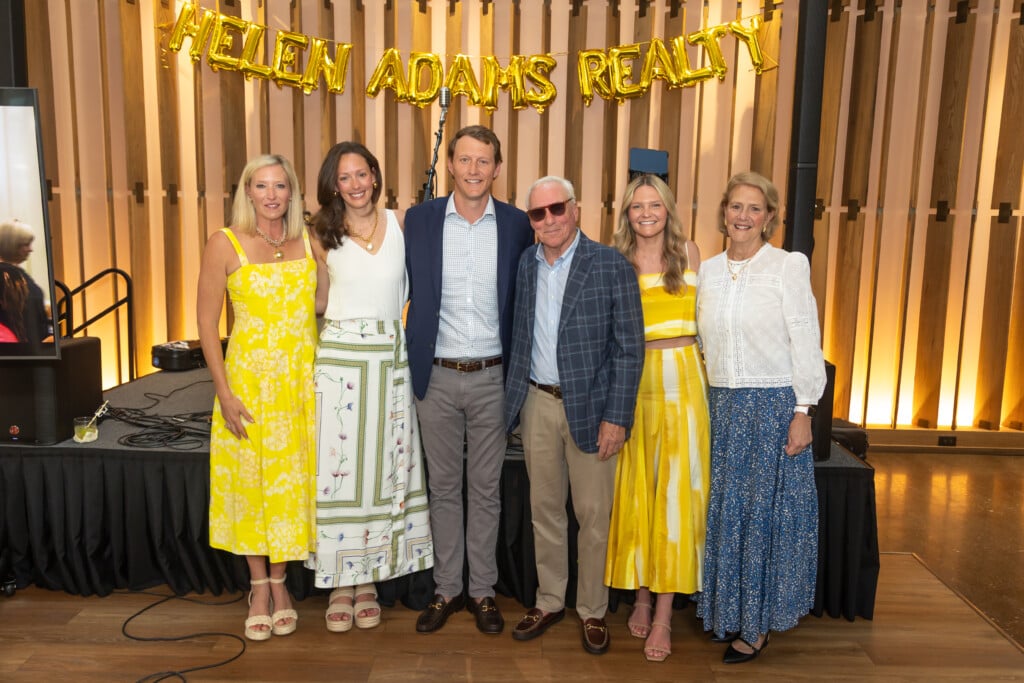OPINION: My Beef with the Barbie Snub
Why Kenough is Kenough

A coworker shared a fun fact earlier this week after he interviewed the owner of a place called House of Purge. (If you’re not familiar, it’s a specially designed room where you can smash, bash, and destroy things to release your pent-up anger and frustration.) Ninety-eight percent of his customers are women.
That didn’t surprise me one bit. Women are pissed off.
I could start with the wage gap, the imbalance in domestic labor, the loss of reproductive rights, doctors who don’t take our pain seriously, law enforcement that doesn’t take our sexual assault claims seriously … I could list 10,000 more reasons why, but for fun, let’s start with the #BarbieOscarSnub. If you haven’t yet heard, Greta Gerwig directed a critically acclaimed, beautifully diverse, feminist movie that was also the highest grossing film of 2023. Margot Robbie carried this film, which examines the female experience in a system that’s stacked against us. And who got nominated? Ryan Gosling.
The Oscars have proven the entire damn plot line of Barbie. This is more than a snub, and we can’t explain it away by saying, “There were just so many brilliant movies this year!” Since the nominations were announced last week, I’ve seen plenty of social media-driven arguments and counter-arguments. Here’s what I’ll say about those:
I’m thrilled Justine Triet got a best director nomination. I’m excited that, for the first time in history, three of the 10 movies nominated for best picture were directed by a woman—including Barbie. I applaud America Ferrera, Lily Gladstone, Danielle Brooks, and all of the other fiercely talented women on their nominations. They’re no less deserving than Margot. It’s nominating Ken and not Barbie (or their director) that really grinds my gears.
I understand how outrage over the Barbie snub represents “peak white feminism.” But I think each of these “firsts” for women of color and the anger over Barbie can co-exist. Pitting women against each other takes the focus away from the fact that we all continue to be underrepresented and overlooked.
I also realize that women and children are being murdered in Gaza, and this Oscar snub is a first-world problem. But guess what? Multiple things can be true at once, and this all feeds into a culture of misogyny.
Maybe you think a movie about a toy doll in a fantasy land has no place at the Oscars. (If so, please explain Avatar or Lord of the Rings to me.) That doll has expressed what so many of us struggle to put into words, and that humor and nuance is clearly lost on an audience of Kens. They either don’t want to hear that message or pretend there isn’t one, decide it’s not a good movie, and settle back on the couch in their Mojo Dojo Casa House and hope nothing else happens to disrupt their comfortable existence.
This outrage over the #BarbieOscarSnub isn’t a bunch of women getting angry because we didn’t get a participation trophy. We’re angry because we’re tired. We’re tired of repeatedly putting in more effort than a situation requires. We’re tired of working so hard on something only to see the man we trained, coached, directed, or edited get the accolades we deserve. It makes me wonder how many successful men have made history thanks to a brilliant woman they erased.
How many stories come from a white man’s point of view while the female experience gets omitted from textbooks, novels, plays, and films? How many times do we need to recognize Martin Scorsese or Quentin Tarantino for another testosterone-fueled carnival where cowboys, cops, and mob bosses shoot guns and blow shit up for three hours? When movie sets are 90% male, it sends a clear message that theirs are the stories that matter. When a women-led film gets greenlit, it’s usually marketed to women. Think about the implication there. Men’s stories are for everyone, but women’s stories are for chick flicks.
Geena Davis explored this in her 2018 film This Changes Everything. The title refers to the response she got after the success of Thelma and Louise in 1991. This changes everything, she would hear over and over. You’ve proven women-led films can be a box office draw, too! Now tons more will follow!
But they didn’t. More often than not, Geena (and countless other actresses) get cast as the girlfriend, mom, or some other one-dimensional, supporting role. Every few years, a movie like Bridesmaids or Wonder Woman is released, makes a ton of money for the studios, and again we hear, This changes everything. Except it doesn’t.
You could argue it’s just Hollywood and not the real world. But what we see on screen reverberates throughout our culture. When our kids watch one female smurf and 99 male smurfs in the village, they learn that’s as much screen time as a girl deserves. When the majority of movies they see fail the Bechdel test (which asks whether a work features at least two female characters who have a conversation about something other than a man), they learn it’s normal for women to play supporting roles and exist to serve men.
I already see these misogynistic messages getting baked into my own kids. Boys who wear pink or listen to Taylor Swift get bullied, but girls who play Fortnight or trade baseball cards are cool. Now look at the pattern that emerges. Boys are afraid to be like girls, but girls are afraid to be girls, too.
We tell girls to cross their legs instead of telling boys not to look up their skirts. We’d rather sell women pepper spray than teach young men about consent. Body hair is acceptable on men but gross on women. Women who breastfeed in public get more hate than men who pee in public. Men punch holes in walls and go on shooting sprees when a woman turns them down, yet somehow we’ve been branded as the more emotional gender.
When was the last time you heard a woman defend her poor treatment of a man by saying, “I have a (insert: father, brother, husband, son), so I couldn’t possibly disrespect men!” I’ve never once heard a woman say, “It took having a son to make me respect men more.”
So yes, women are mad, and it’s much bigger than the Barbie snub. It’s a centuries-long pattern of asking for the bare minimum and being told that’s too much. We lean in, we smile more, we dance backwards in heels, and we’re supposed to be grateful when we’re one of the few girls allowed to participate. It isn’t a lot to ask to have our work celebrated when we make history.





